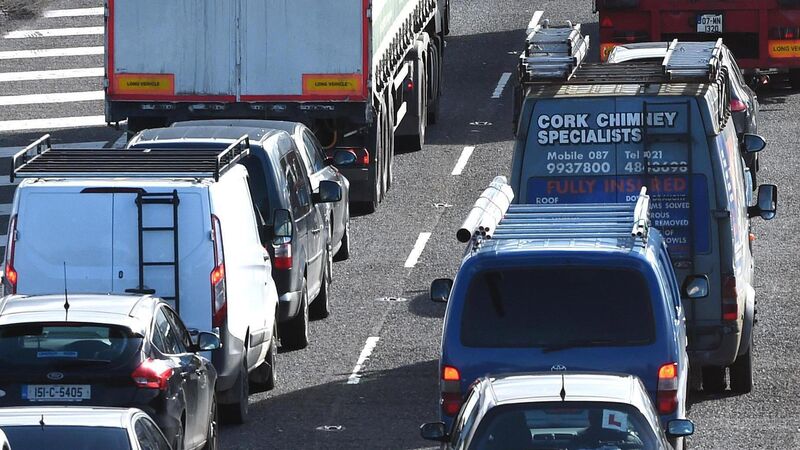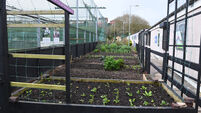The OECD report on transport has highlighted a yawning gap in our policy. What's next?

Our car-dependent mobility system is extremely expensive, and it eats up time that could be more productively spent. File picture: Larry Cummins
The OECD has published an acutely challenging report on Irish transport, and the related spatial planning policy. The report expends much energy in skewering the inadequacy of our current approach, mainly relying on electric vehicles to massage models towards meeting our national emissions targets.
The report does an accomplished job in comprehensively considering current policy limitations, and clearly documents the traps into which we are falling. Moving from fossil to electric mobility is a useful and necessary step, but relying on it is grossly simplistic, and a major folly of policy efforts. It is unlikely to meet emissions reduction objectives and does little to nothing for wider sustainability goals.
















